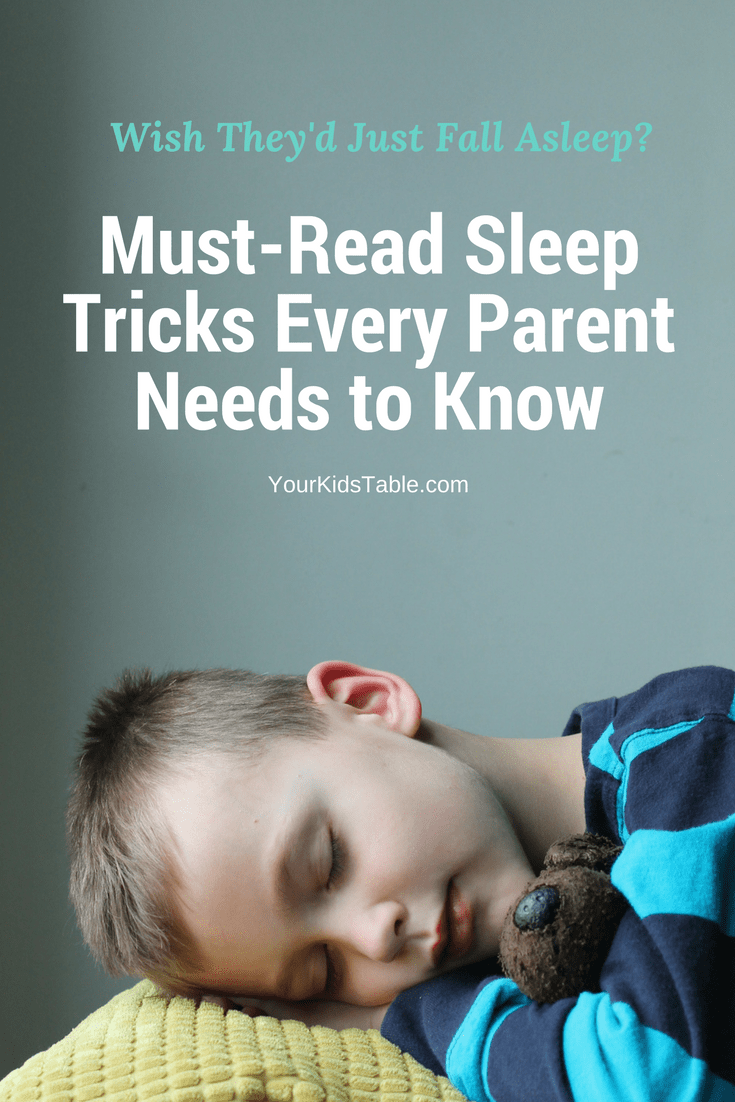How To Help Your Child Fall Asleep Faster Our Top Tips Stressedmum

How To Help Your Child Fall Asleep Faster Our Top Tips Stressedmum A 2019 survey by the british nutrition foundation (bnf) found that 32% of primary school children didn’t get enough sleep the previous night. children risk developing obesity and unhealthy eating habits when they get less sleep than the ten hours recommended by the nhs. they may also be at risk of falling behind in their academic performance. as a parent, it is essential to help your child. Deep breathing exercises may also help you to relax and fall asleep. to practice deep breathing, lie flat on your back and make yourself comfortable. for example, you can put a pillow or two under your knees and neck. place your hands on your stomach (just below your rib cage) with your palms facing down.

How To Make A Kid Fall Asleep Fast With Easy Sensory Hacks Relaxing smells. roll on essential oils – lavender and vanilla are relaxing scents for a lot of people, but this is a blend of oils specially designed to promote sleep. the roll on version is super easy to use with kids. simply swipe a little on their wrists, back of their neck, or even on their chest. View source. lets your child’s body and mind know that it’s time to settle down and prepare for sleep. the actual routine can be specific to your child, but it should last around 20 minutes and consist of three to four quiet, soothing activities such as putting on pjs, brushing teeth, a warm bath, and reading. Turn off the tv. reduce stress. set the tone. keep it cool. address fears. focus on relaxation. watch for sleep disorders. getting your little ones to sleep can be tricky. here are 10 tips that. Immersing the senses in nature during the day can offer a sense of calm. and, in turn, if worry is the culprit behind your child’s tossing and turning, it might help improve sleep at night, too.

How To Help Kids Fall Asleep Brillia Turn off the tv. reduce stress. set the tone. keep it cool. address fears. focus on relaxation. watch for sleep disorders. getting your little ones to sleep can be tricky. here are 10 tips that. Immersing the senses in nature during the day can offer a sense of calm. and, in turn, if worry is the culprit behind your child’s tossing and turning, it might help improve sleep at night, too. 3. turn off the screens. television, games, tablets, computers, phones. i know, this is a tough one. you’re not alone if you use electronic devices to help your little ones settle down in the evening (and to give mom and dad a break!). but the connection between all of these screens and sleep is powerful. Younger kids need between 10 to 12 hours of sleep a night, so if your kids have an early rise time for daycare or school, make sure their bedtime is early enough to ensure they get a full night’s rest. 4. power down. electronic screens are a bad idea before bed because their light stimulates the brain.

Comments are closed.